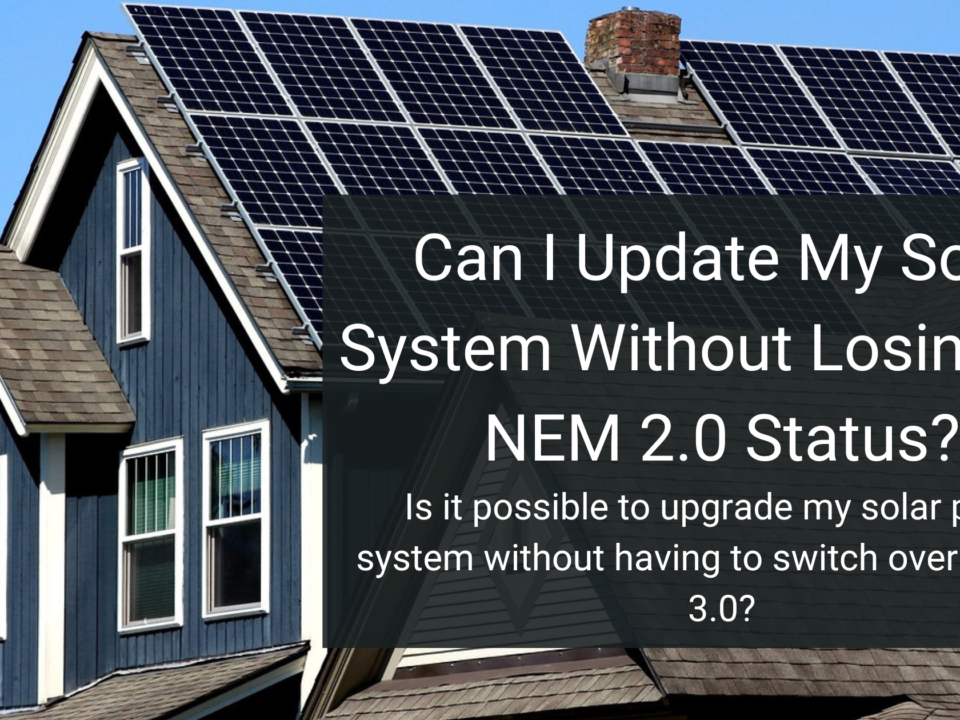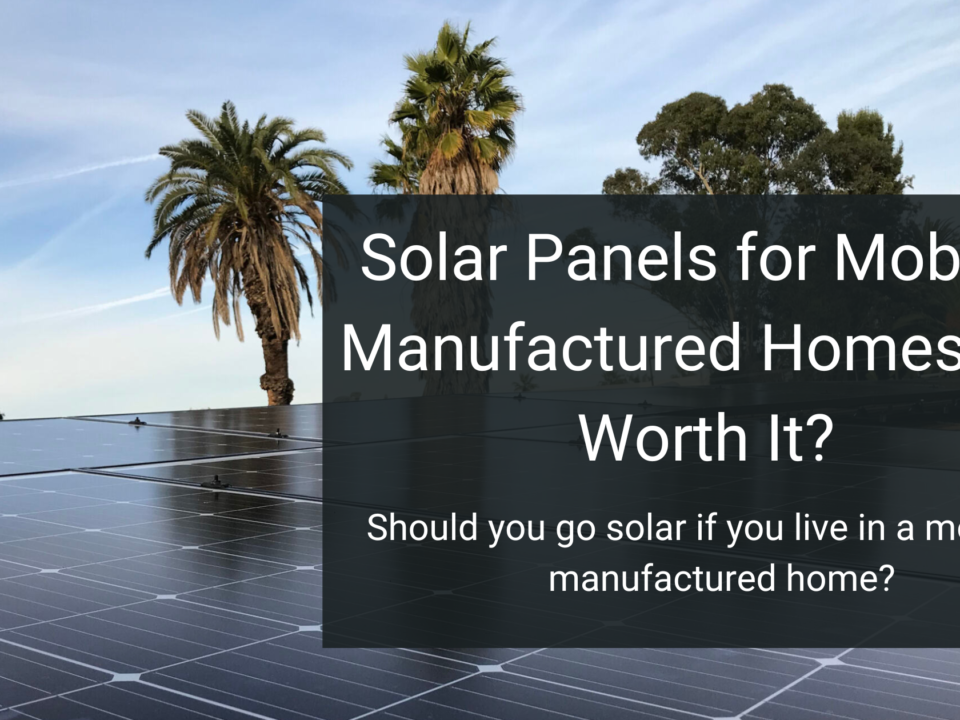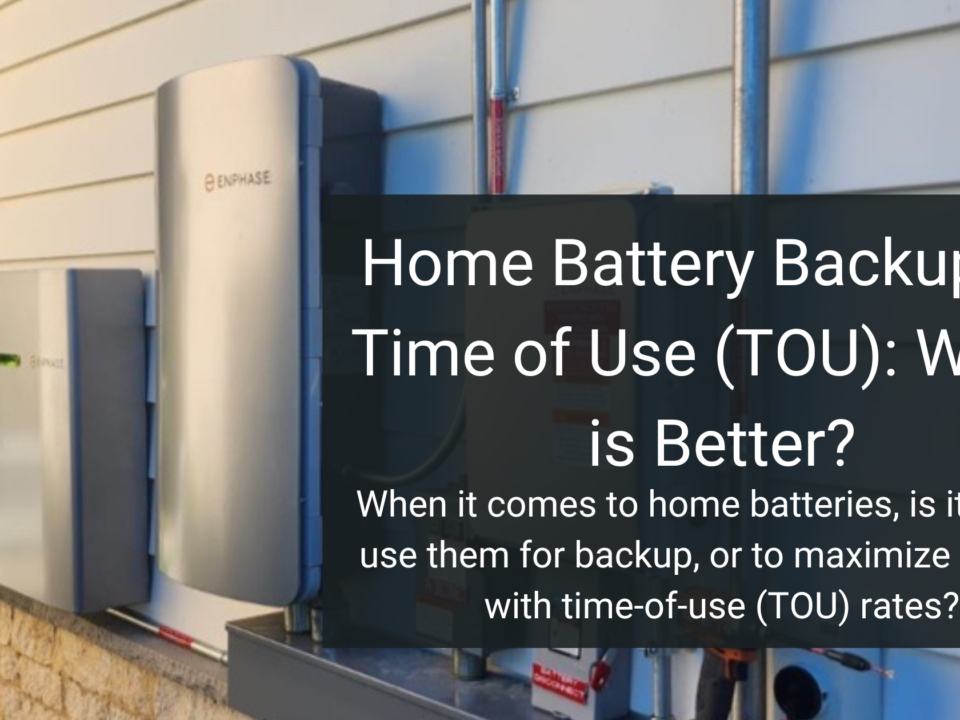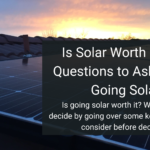
Is Solar Worth It? Key Questions to Ask Before Going Solar
March 15, 2024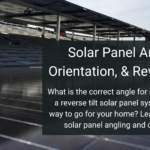
Solar Panel Angles, Orientation, & Reverse Tilt Setup
March 29, 2024How Do Solar Panels Work? Solar Energy Explained
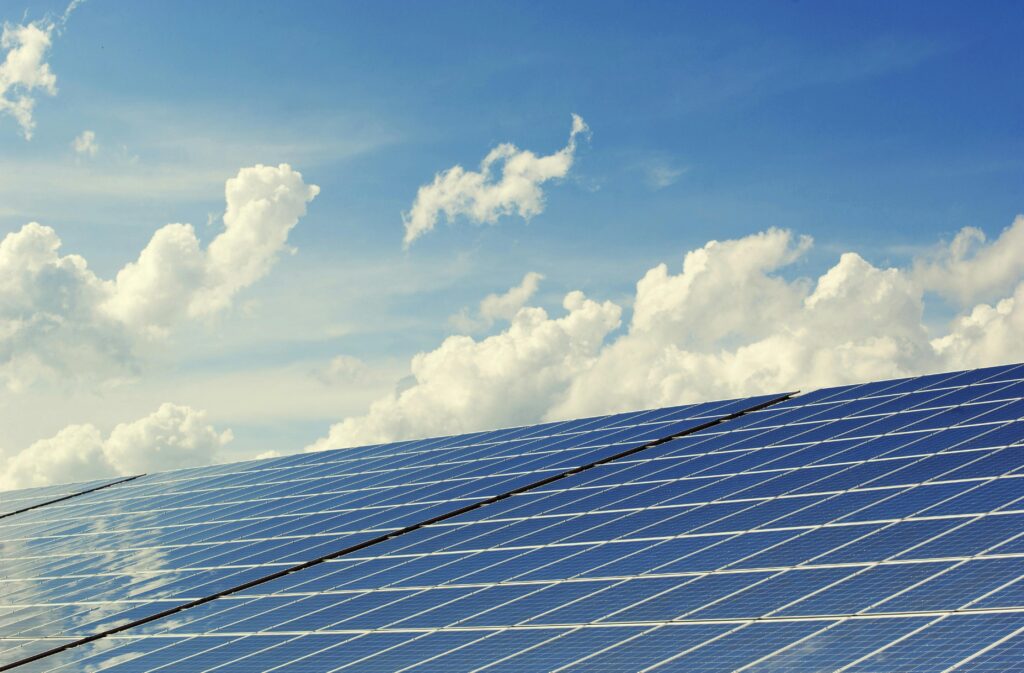
The solar industry continues to grow as solar power becomes an increasingly popular option for an efficient, clean, and renewable form of energy. The benefits of solar energy are clear: it is clean, as it does not create any harmful emissions and has virtually no carbon footprint, as panels are made from recyclable materials and are meant to last decades; and it is renewable, as energy can continue being generated as long as the sun continues to shine. This all seems simple enough, and in many ways, it is. Solar energy is universally seen as a vital part of the future of clean energy.
But the way solar power is generated isn’t so simple. In a nutshell, solar panels convert energy from the sun into usable electricity. This obviously is an oversimplification of a more complex process. So how exactly does solar work?
How Do Panels Generate Electricity?
Solar panels are usually made from installing a semiconductor, often silicon, inside of a metal frame with glass casing. In short, panels work via the photovoltaic (PV) effect, which is a process where solar cells absorb sunlight and convert it to electricity. It is first converted to direct current (DC) electricity and is sent to an inverter, which then converts it to AC power that can be used to power your home.
That’s the short answer. Now let’s take a look at how solar power is created in more detail.
What is the Photovoltaic Effect?
The photovoltaic effect is the main process that drives the vast majority of solar energy creation. This process begins when sunlight particles, known as photons, collide with a semiconductor. Photons cause electrons to be separated from atoms, causing a chain reaction and a flow of electrons, or electrical current, known as electricity. Metal plates and wiring inside solar panels are designed to harness this electricity and convert it to usable power.
Photovoltaic cells, often made from silicon, are the main building blocks of solar panels. Silicon is a semiconductor that absorbs sunlight and converts it to electricity. There are two layers of treated silicon in photovoltaic cells. Each layer is treated with “doping agents” to create an electrical field between the two layers. Phosphorus is frequently used as a positive agent to create a positively charged side of the cell, while boron is often used to create the negative side. By creating an electrical field inside the cell, freed electrons can flow through and create an electrical current, which is then sent to metal plates and through wiring to your inverter. The inverter then converts it from DC to AC power, which can be used to power your home.
How Does an Inverter Work?
A solar inverter is one of the many parts of a solar system that makes solar power feasible. Without it, you could capture all the solar power in the world, but it would all go to waste. This is because we have always used alternating current (AC) to power our homes, and solar panels harness solar energy and convert it to direct current (DC) power. The inverter acts as the main junction point between solar panels and your home’s electrical panel and is responsible for converting the harnessed DC power to usable AC power. Once the power is converted to AC, it travels from the inverter to the electrical panel. The panel, also known as a breaker box, is what controls your outlets, lights, and appliances in your home.
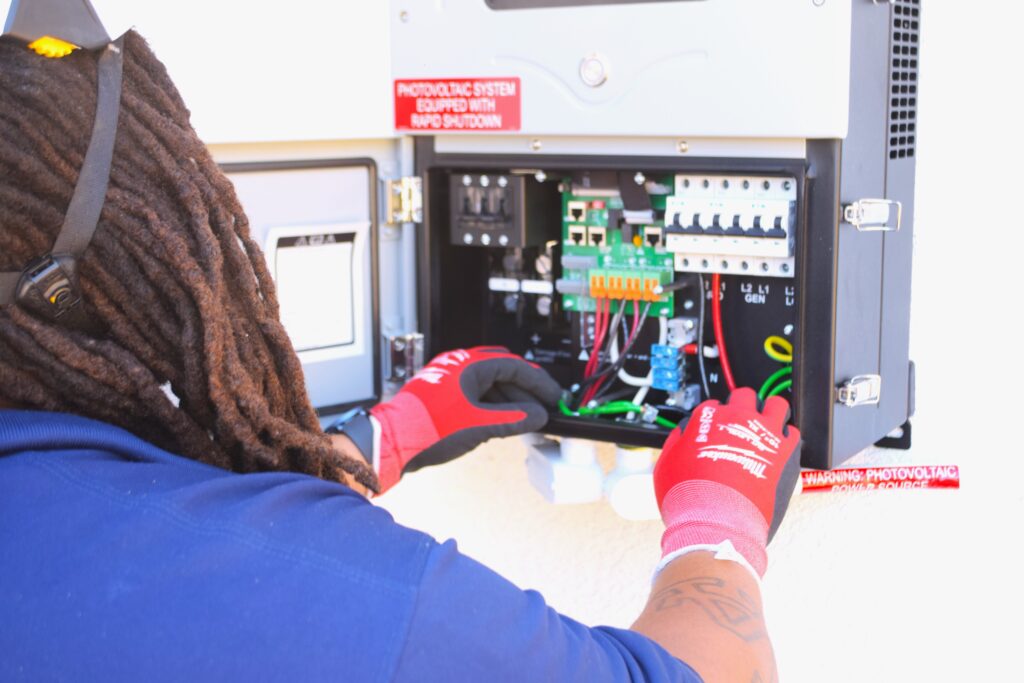
Utility Meter & The Power Grid
The next step in understanding solar energy is how your home’s power interacts with the grid. Homes generally receive power from the utility grid. You then pay the utility company based on the amount of power you use. This is a fairly straightforward process. Solar energy changes the entire equation.
By producing and using solar energy, your home not only requires less power from the utility companies, but may even produce excess power to send back to the grid. If your solar panels produce more power than your home can use, you can send it back to the grid for credit. Your utility meter measures and displays how much energy you use. In cases where you produce excess power, you may see your energy usage going backwards.
Going solar will help reduce your dependence on the utility grid and reduce your utility bills. California’s new NEM 3.0, a billing system designed to promote the adoption of renewable energy, outlines how you can optimize your power usage to maximize the amount of money you can save. However, it won’t give you complete independence, as you’ll still need power from the grid when the sun goes down.
PV-Plus-Storage
The final step (for now) in the process of generating, utilizing, and maximizing solar power is what is known as PV-Plus-Storage. This refers to the concept of pairing a solar panel system with an energy storage system (ESS), also known as a battery, to maximize your solar power by storing it and using it as needed. As solar power is entirely dependent on sunlight, it is not a reliable source to power your home 24 hours a day. When the sun goes down, or even when the weather is cloudy, your lack of solar production will once again make you dependent on the grid. This is where the battery comes into play.
Solar panels will generally produce excess power during the day. Without a battery to harness this energy, you won’t be able to use it. Installing a battery will allow you to store this excess power for later use. Additionally, with the new NEM 3.0 having varied rates at different times of day, you can program a battery to send power back to the grid when buyback rates are highest, further maximizing the savings you can earn by going solar.
Go Solar with Solar Discovery
Solar Discovery is here to answer any questions you may have about going solar. We are an all-in-one solution, offering solar, roofing, batteries, and a range of other services and maintenance to ensure your solar system is always functioning at its best. Get in touch with us today to learn more about how we can get you started on your journey toward clean, affordable energy.


